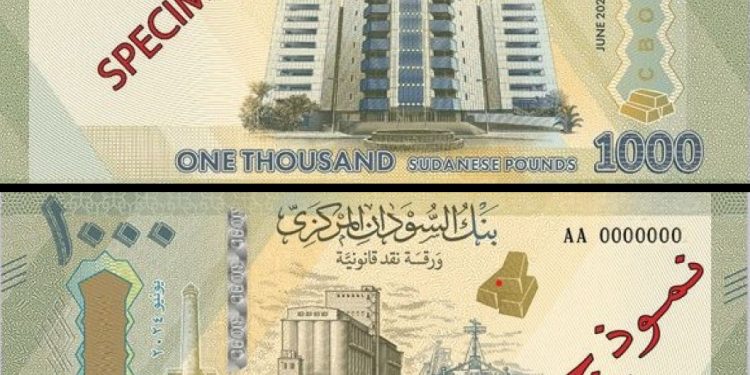The Sudanese government’s introduction of new banknotes and mandatory bank account openings has increased bank deposits, indirectly bolstering the army’s financial capacity in its war against the Rapid Support Forces (RSF). However, critics warn the policy has excluded millions from the financial system and deepened divisions within the country.
Finance Minister Jibril Ibrahim stated that the initiative, launched in December, aimed to render funds looted by the RSF worthless. Citizens were required to deposit old notes in banks before accessing limited daily withdrawals in new denominations of 500 ($0.20) and 1,000 ($0.50) Sudanese pounds. While Ibrahim lauded the move as a success for the banking sector, he did not disclose how much had been deposited.
“This helps the banking sector, and when you help the banking sector, it supports the state in financing projects, including the war effort and productive activities,” Ibrahim said in an interview.
The two-year conflict between the army and RSF has devastated Sudan’s economy, with the currency losing 75% of its value and half the population facing hunger. The policy, which some argue is designed to strengthen the army’s financial position, comes as the government struggles to pay salaries and fund critical imports like medicine.
Ibrahim also revealed that Sudan produced 64 tonnes of gold in 2024, exporting about half officially, suggesting a decline in gold looted from areas controlled by the RSF.
However, critics argue the policy has excluded millions in RSF-controlled territories from accessing financial services, effectively nullifying their savings and exacerbating divisions in the already fractured country. Observers also noted that the new notes were printed in Russia, one of several foreign powers involved in the conflict.









